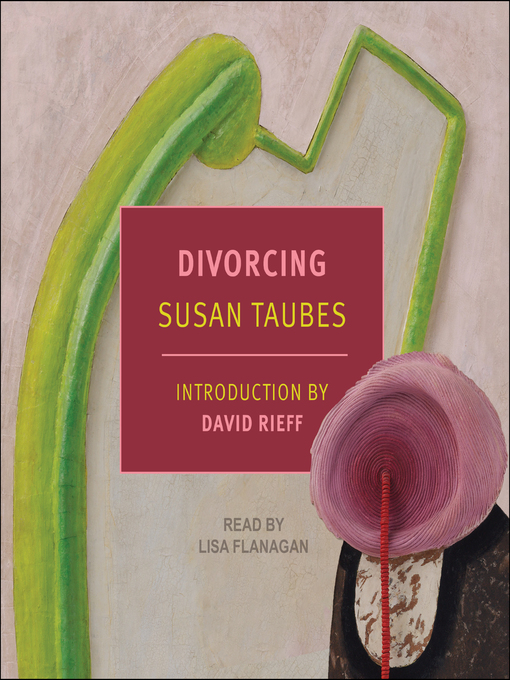- Available now
- Sleuth Out a New Mystery Series
- Most popular
- Found at Airport Bookstores
- Not Such a Happy Home: Domestic thrillers & haunted homes
- Try something different
- Perpetually Popular Nonfiction
- Quirky and Heartfelt Reads
- Read Banned Books!
- See all ebooks collections
- Audiobooks for the Drive to Las Vegas
- Audiobooks for the Drive to Palm Springs
- Audiobooks for the Drive to San Francisco
- Available now
- Audiobooks for the Whole Family
- Most Popular Audio Between 1 and 3 Hours
- New audiobook additions
- Listen While You Run: Audiobooks for Workouts
- Try something different
- Most popular
- See all audiobooks collections

